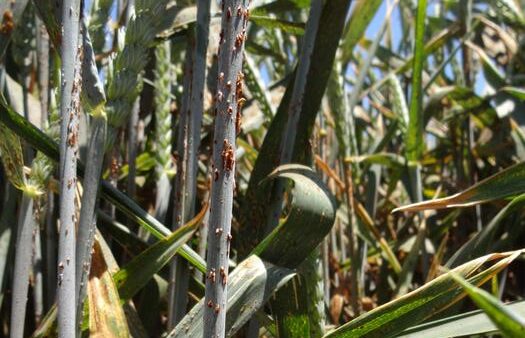What is the collection and audit mechanism?
Lorne Hadley: The collection is using a centralized digital platform. One contact point for producer payment for all payments under the system. An on-farm audit program will be deployed with a single audit per farm for all varieties subject to an SVUA contract
How have the growers reacted to having to sign the contracts? Do you have a standard information piece that the retailers provide to help educate growers?
Lorne Hadley: Farmers are used to signing contracts for stewardship, technology use, etc. The plan is for contracts to be signed electronically. We have a producer-focussed communications plan anchored with the website https://seedvaluecreation.ca/en/. Also, we are developing a trademark and common positioning language to be used in association with only those varieties in the program.
Is CPTA going to audit farmers who participate in this program every year?
Lorne Hadley: No, we will not audit every farmer every year. Our compliance experience indicates that we will need complete audits as, on a required basis, only a portion of farmers will be reviewed per year.
Can you clarify the “plant breeder” making the choice to include the variety?
Lorne Hadley: The decision to apply an SVUA contract to a variety is made plant breeding institutions and seed distributors. The plant breeder will be engaged as needed by the institution involved.
I am a new public breeder in the Canadian system. What are the early steps to ensure that when I release something it integrates with growers effectively?
Lorne Hadley: The Canadian seed system has a well-established system of variety release coordinated internally by each plant breeding institution. One of the early steps to ensure that information needed to prove PBR qualification is collected and submitted with the application to the Plant Breeders Rights Office (PBRO). The staff of PBRO are ready to assist. Depending on the crop, there may be a requirement for variety registration, which would involve testing in recognized trials. The Variety Registration staff of the CFIA Seed Section are also available to assist in ensuring you understand what information is needed and what trialing is required by crop kind.
Which is the main driver that could make to go from a pilot program to a wide used system by all breeders?
Lorne Hadley: We expect that the engagement of variety distributors, seed suppliers, and commercial producers will facilitate the confirmation that the system meets the goals outlined. We will have the confidence to make it broadly available for all plant breeding institutions to use.
How does the SVUA fit into the OECD program, or does it?
Lorne Hadley: I am not sure of any linkage to OECD programs. The SVUA is a contract system supported by UPOV 91 PBR to facilitate direct payment by a producer to a plant breeding institution to use a variety as farm-saved seed. SVUA is purely a Canadian domestic program. If the plant breeding institution has revenue-sharing agreements, those would be handled outside the SVUA program.
Can you speak to the reception of the program in Quebec?
Lorne Hadley: The use of farm-saved seed is low in Quebec. The Quebec crop insurance programs have historically placed a higher value on the pedigreed seed; therefore, the need to collect royalty directly from farm-saved seed is low.
Lauren Martin: I cannot speak to pilot uptake but I can say that certified seed use in Quebec (and Eastern Canada for that matter) is much higher than in the western provinces. I’m sure this difference will have an impact on pilot uptake but it may be too soon to tell.











